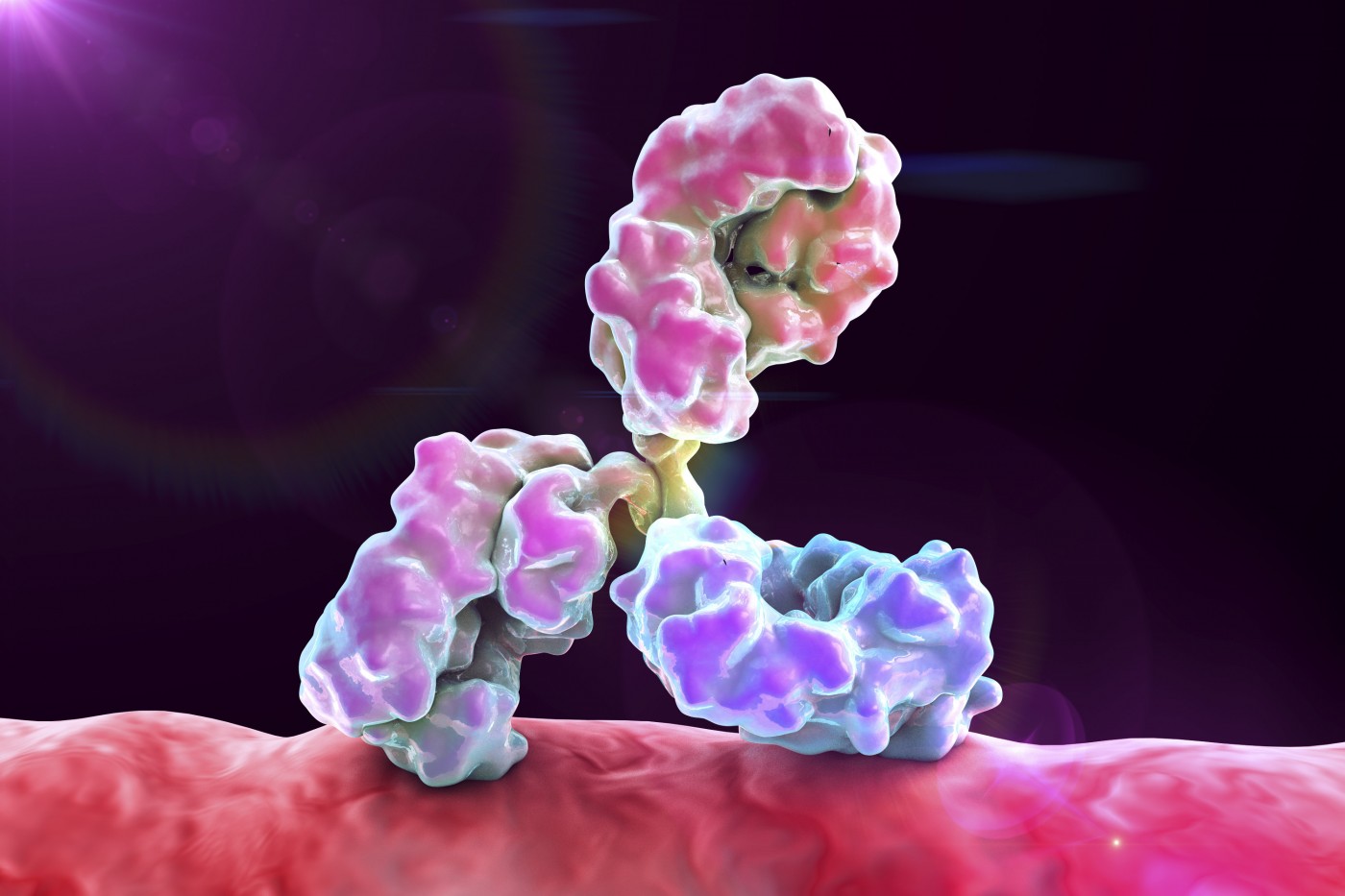Anti-Drug Antibodies Develop in Just a Fraction of Gaucher Patients Treated with Enzyme Replacement Therapy, Study Shows
Written by |

Researchers conducted an enzyme replacement therapy study with a group of Gaucher disease patients and found just a small fraction of patients developed anti-drug antibodies. And, no correlation between antibody development and impaired clinical responses was found.
The study, “Development of anti-velaglucerase alfa antibodies in clinical trial-treated patients with Gaucher disease,” was published in the journal Blood Cells, Molecules and Diseases.
Antibodies are proteins produced by the body’s immune system that detect harmful substances, called antigens, and are a key tool of the immune system to defend against foreign objects like bacteria and viruses. Human bodies may react against a certain drug therapy by generating anti-drug antibodies — for example, antibodies that target the therapy itself. This culminates in the inactivation of the therapeutic effects of the treatment and, although rare, may even induce adverse effects.
Here, a team of researchers tested a group of Gaucher disease patients for the presence of anti-drug antibodies. Patients were treated with velaglucerase alfa enzyme replacement therapy, previously show to be effective for the systemic features of Gaucher disease. Moreover, researchers analyzed 10 clinical studies conducted between April 2004 and March 2015: six clinical trials, an expanded access treatment protocol, and three extension studies.
The analysis for the development of anti-velaglucerase alfa antibodies was conducted in 289 patients, with a median age of 43 (ages ranged from 2 to 84). Sixty-four patients had received no treatment, and 225 patients switched to velaglucerase alfa from imiglucerase (indicated for long-term enzyme replacement therapy for pediatric and adult patients with a confirmed diagnosis of type 1 Gaucher disease) treatment.
Patients were treated with velaglucerase alfa treatment for a median period of 36.4 weeks, and 1.4 percent (four patients) were positive for anti-velaglucerase alfa antibodies. While in two patients these antibodies showed a neutralizing activity in vitro, researchers detected no effects in patients’ platelet counts, hemoglobin levels, or levels of CCL18 and chitotriosidase.
In conclusion, these results suggest that fewer than 2 percent of Gaucher patients treated with velaglucerase alfa enzyme replacement therapy develop anti-drug antibodies, and that even when these develop, researchers found no correlation with these and adverse events or alterations to pharmacodynamic or clinical responses.



